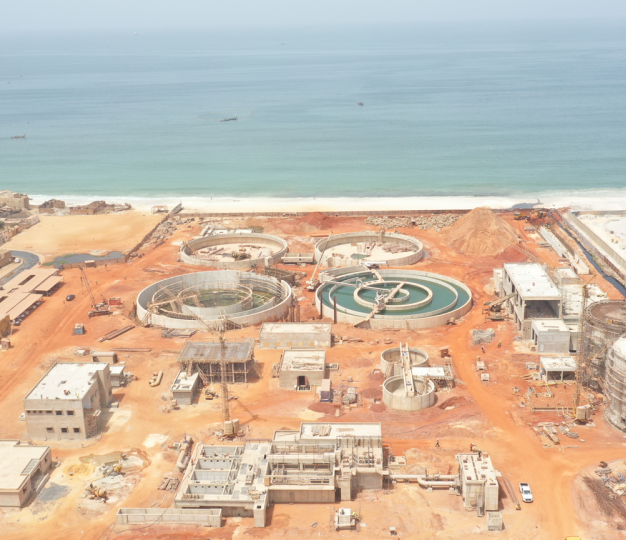PROJECTS
EU Projects with Senegal
The joint EU - Senegal 2018-2023 strategy is part of this framework and supports and strengthens a multidimensional partnership. Its ambition is to support the emergence of Senegal, to strengthen the stability of the country and to support its economic and social recovery efforts following the COVID19 crisis. The joint strategy also takes into account the events that have occurred in the country since March 2021 which have demonstrated strong economic and social frustrations of the population and especially young people, linked to the negative impacts of the COVID19 crisis but also to deeper structural challenges such as inequality, job and income insecurity, as well as limited prospects for young people. The joint EU-Senegal strategy is based on 3 priority axes: green and inclusive growth for job creation, the development of human capital and good governance.
On This Page
- Hann Bay Depollution Project
- Developing employment in Senegal: strengthening the competitiveness of businesses and employability in the departure areas
- Support program for strengthening the civil status information system and creating a national biometric identity file
- The RIPOSTES project and its contribution to the pan-African Great Green Wall initiative in Senegal
Hann Bay Depollution Project
Developing employment in Senegal: strengthening the competitiveness of businesses and employability in the departure areas
This program aims to promote the employment and professional integration of young people in areas of departure of migrants. It offers upgrading of businesses in high-potential sectors (with the Business Upgrade Office and the Agency for the Development and Supervision of SMEs), and the strengthening of the professionalization of the workforce. work that can be used in these same sectors and regions.
Main objective:
Promote employment, in particular for young people, by improving the offer (training and professional integration) and developing demand (upgrading businesses) in the regions of departure.
Specific objectives:
- Strengthen the fabric of local businesses.
- Expand equitable access to vocational training.
- Promote access to funding for beneficiaries of the Program (currently being formulated).
- Provide information on economic opportunities in Senegal.
Total estimated cost: 40 M €
Program Partners:
- GRET NGO
- Luxembourg cooperation (LuxDev)
- French Development Agency (AFD)
- Positive Planet International
Geographic area: Senegal
(Kedougou, Diourbel, Kolda, Sedhiou, Tambacounda, Ziguinchor, Saint-Louis, Louga, Matam)
Support program for strengthening the civil status information system and creating a national biometric identity file
The EU Trust Fund finances relevant projects to address the causes of migration, and to encourage Senegal's efforts in cooperation on migration issues. In this context, support will be provided for the strengthening of a universal civil status information system and the creation of a national biometric identity file so that each Senegalese is able to avail himself of the rights. inherent in its secure identity.
The program will contribute to the modernization of civil status by setting up support for strategic management, by improving the offer (accessibility of centers, training of actors, archiving, etc.) and demand ( awareness campaigns, civic education, etc.). In addition, the program should support the creation of a national biometric identity file linked to the computerized civil status information system capable of securing the identity of the population and of being usable by other administrations.
Main objective:
- Contribute to respect for the rights of individuals related to the recognition of their identity by setting up an efficient civil status information system and creating a secure biometric national identity file.
Specific objectives:
- Improve the Senegalese civil status information system.
- Create a national biometric civil status file.
Cost: 28 M €
Program Partners:
- Civipol
- ENABEL - Belgian Development Agency
Geographic area: Senegal
The RIPOSTES project and its contribution to the pan-African Great Green Wall initiative in Senegal
In Senegal, the Great Green Wall project extends 545 km long and 15 km wide, covering a total area of 817,500 hectares. It is implemented by the Senegalese Agency for Reforestation and the Great Green Wall (ASERGMV) and is part of a broader program to restore degraded lands and combat desertification.
The RIPOSTES project - Resilience and Intensive Reforestation for the Safeguarding of Territories and Ecosystems in Senegal - is a pilot project which is part of the implementation of the Great Green Wall in Senegal.
It aims to strengthen local land restoration and sustainable development initiatives in two specific areas covering 13 municipalities:
- Ferlo: Sylvo-pastoral zone located in the north-central part of the country
- Peanut basin: Agricultural zone heavily degraded by monoculture
The RIPOSTES project is implemented by FAO and the Senegalese Agency for Reforestation and the Great Green Wall. The contributions of RIPOSTES to the Great Green Wall in Senegal are as follows:
- Support for local communities: The RIPOSTES project supports local communities in the implementation of reforestation, agroforestry and development of sustainable economic activities projects.
- Capacity building: The project strengthens the capacities of local actors in sustainable land management, environmental governance and women's leadership.
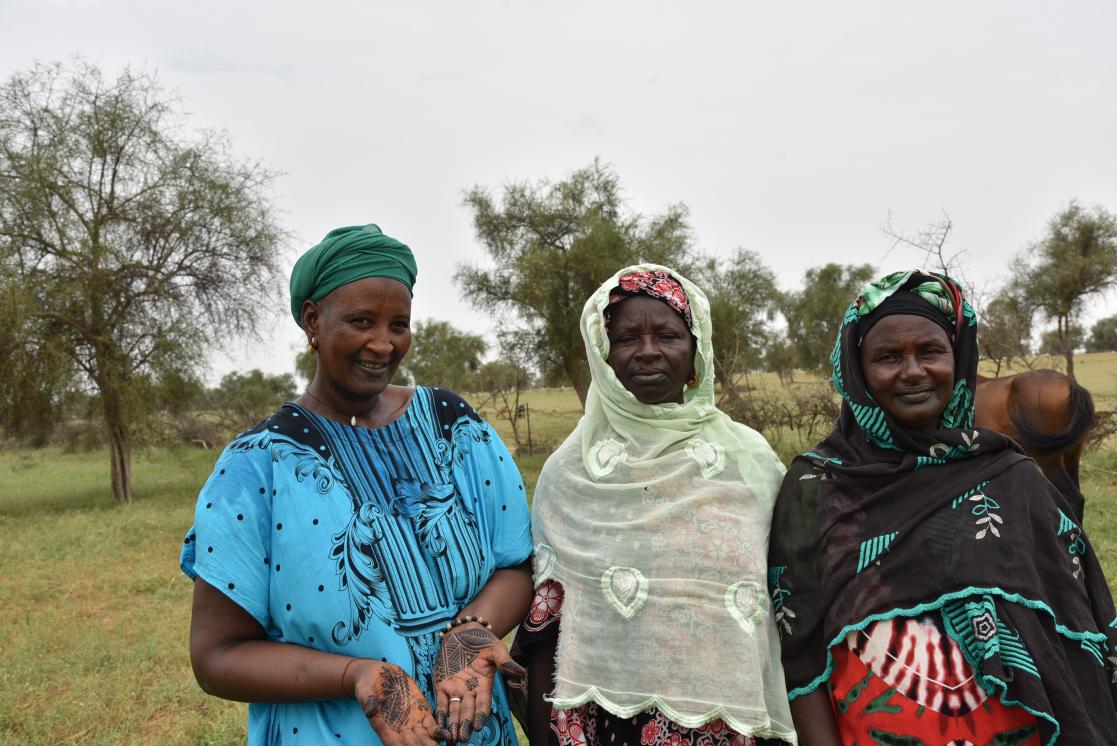
DUE Senegal 2023
The Koyli Alpha Community Nature Reserve in the commune of Mboula, in Ferlo, is an example of sustainable community management of land and soil. Thanks to reforestation, fencing and reintroduction of wildlife, as part of the RIPOSTES project, local communities have contributed significantly to the regeneration of degraded lands and the strengthening of animal biodiversity.
|
Image
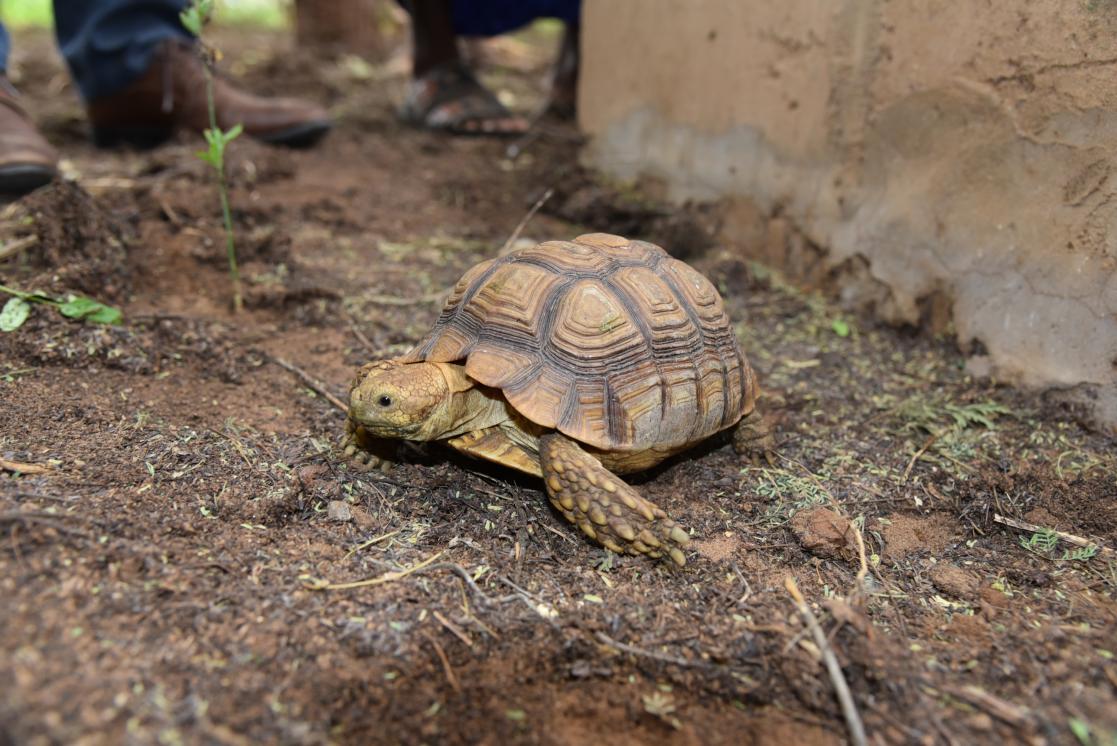
Copyright
DUE Senegal 2023 |
Image
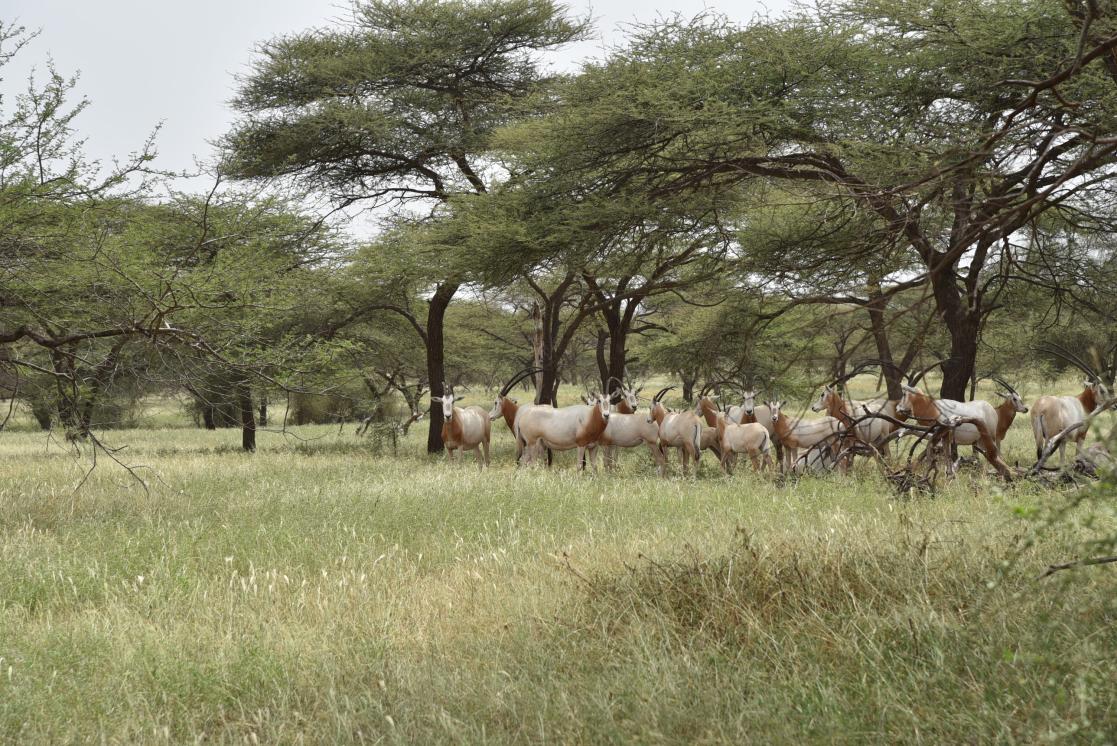
Copyright
DUE Senegal 2023 |
- Promotion of innovation: The project encourages the experimentation of new land restoration techniques and the valorization of non-wood forest products.
- Capitalization of knowledge: The project capitalizes good practices and lessons learned in order to share them with other actors involved in the implementation of the Great Green Wall.
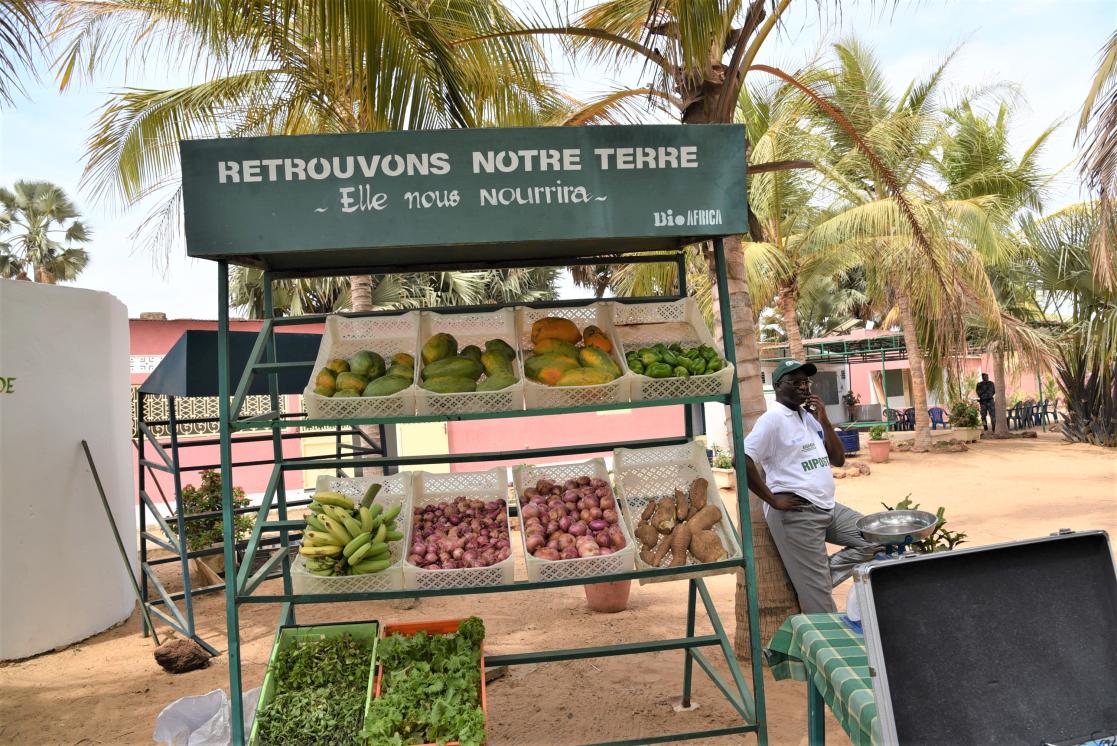
DUE Senegal 2023
The Kaydara agroecological farm school offers training in agroecology and soil conservation to more than 50 young people. Listen to the words of Almamy Samory Touré Ndiaye, one of the young trainers at the Ferme Ecole de Kaydara, a true ambassador for agroecology =>https://www.facebook.com/share/v/PytTFw8cvQFzpSYQ/?mibextid=oFDknk

DUE Senegal 2023
For more details on the RIPOSTES project, consult the project file=>
You want to better understand the Great Green Wall project in Senegal, consult the website of the Senegalese Agency for Reforestation and the Great Green Wall: https://asergmv.org/

